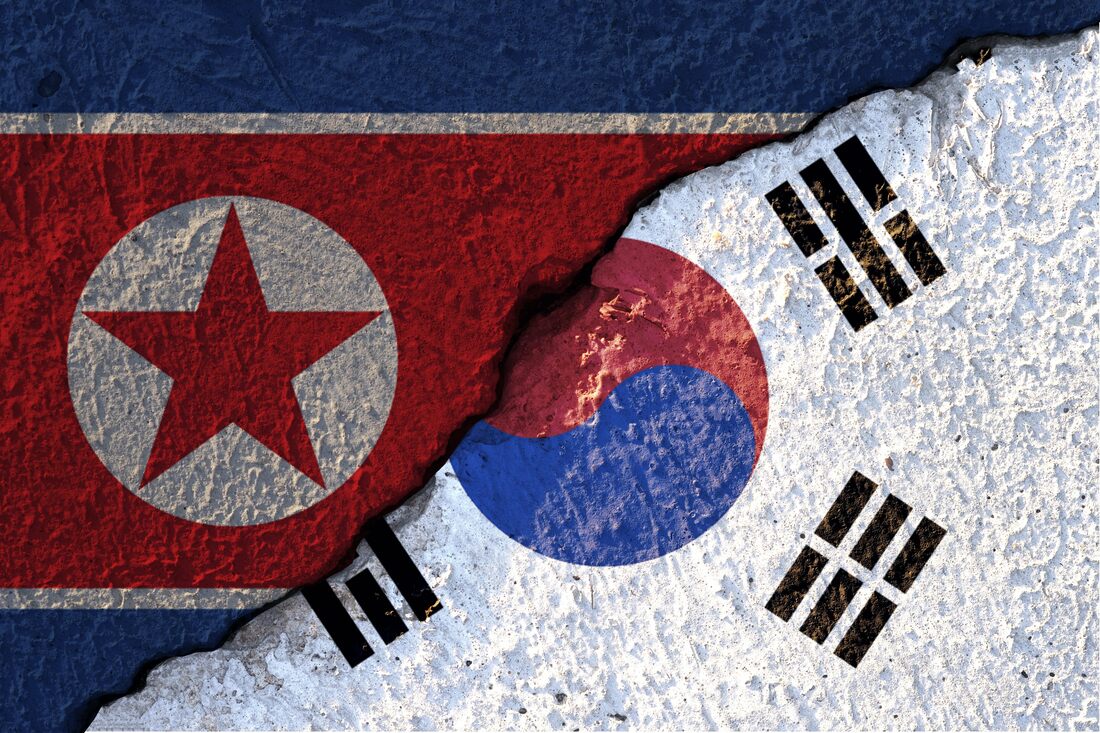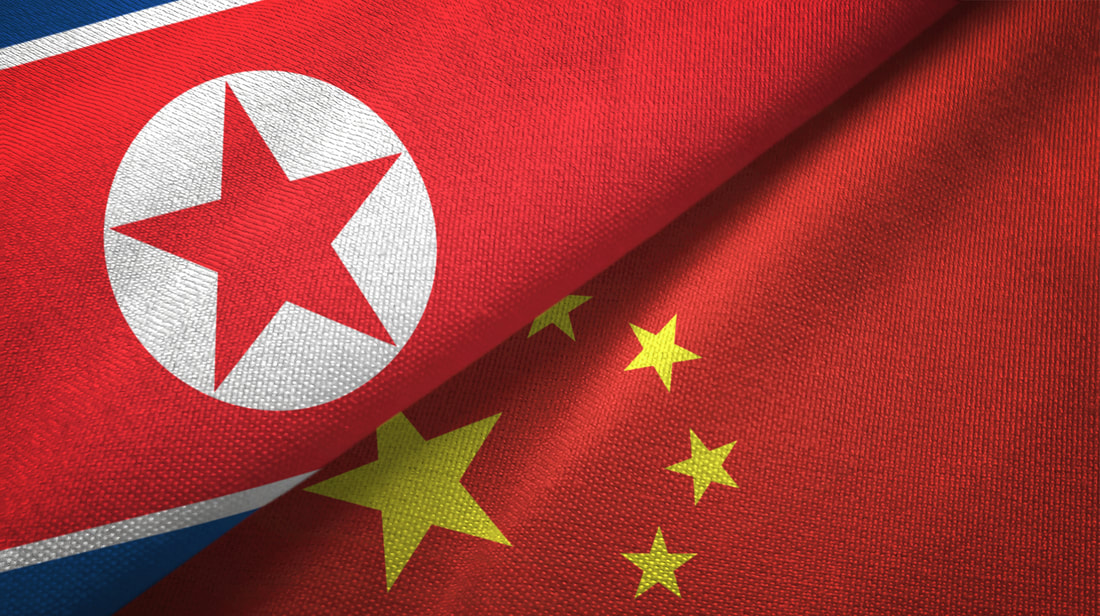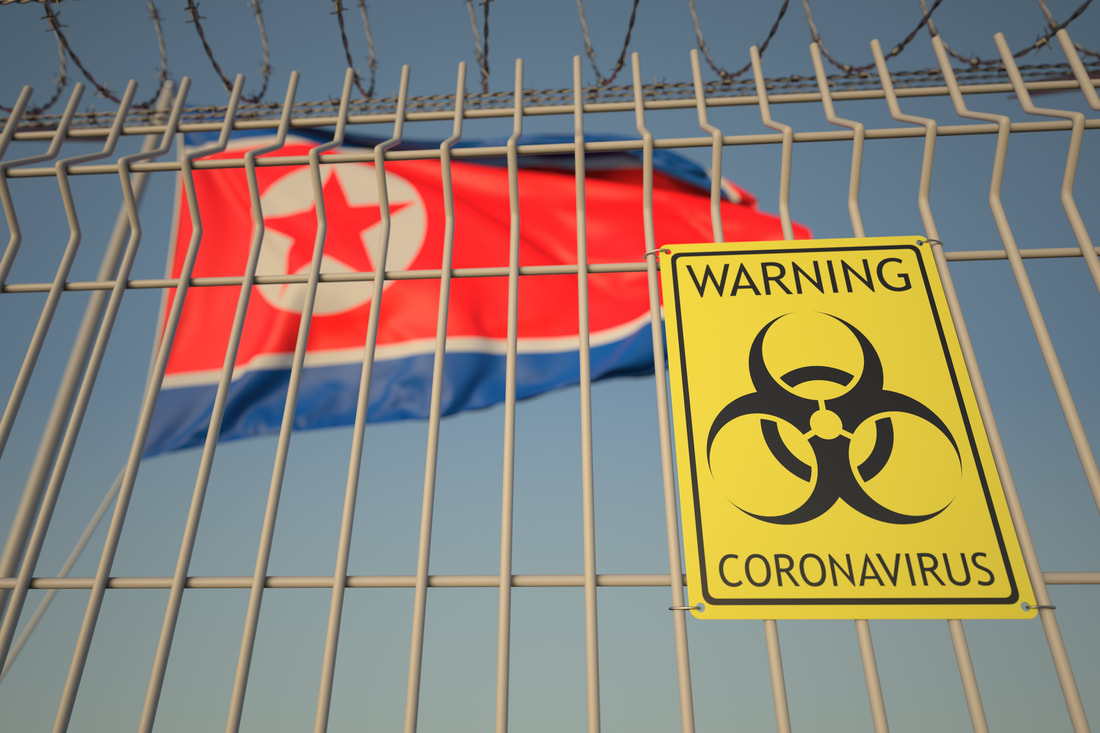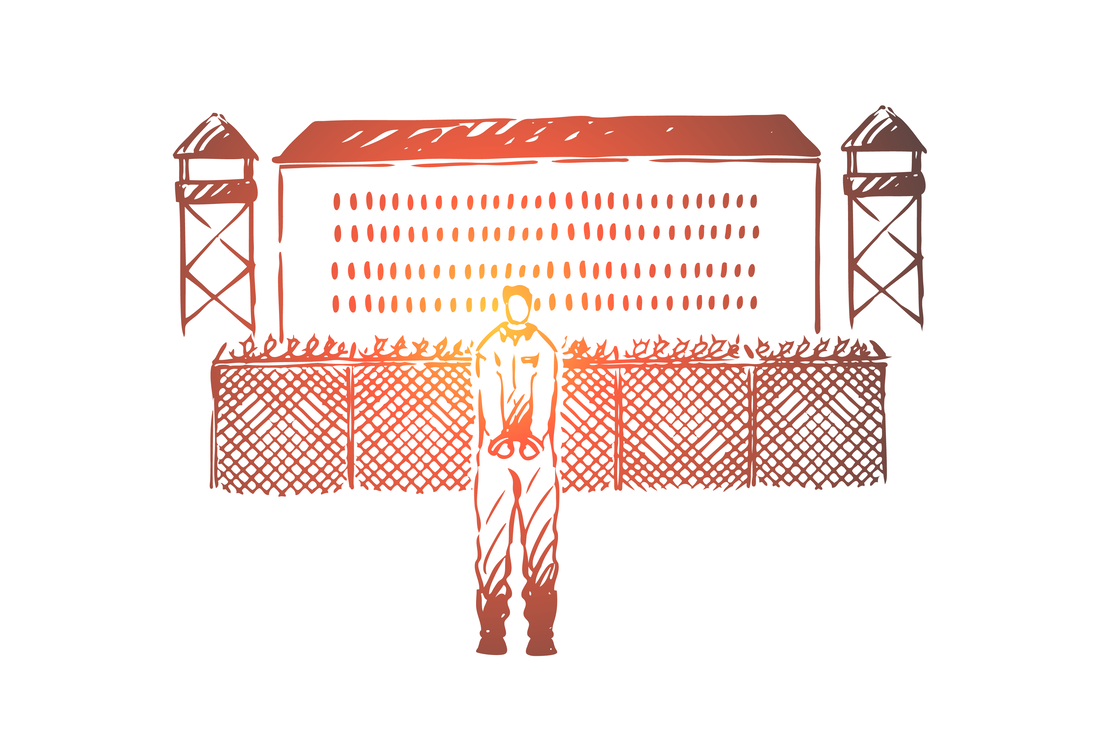|
Translated by Jeune Kim, HRNK Research Intern
Edited by Rosa Park, HRNK Director of Programs and Editor September 28, 2020 Our colleague, Jeune Kim, has provided an excellent and timely translation indicating that the non-Korean-speaking public may misinterpret this letter as an actual apology. The killing of a South Korean citizen by North Korea was not a “minor error.” A Republic of Korea government official, helplessly floating in the water, was interrogated for hours. He was shot dead. A combustible liquid was poured onto him and his body was set on fire. Regardless of the reasons why the victim was there, that was an atrocity. Moreover, “regret to have greatly disappointed President Moon Jae-in” and the people of South Korea does not qualify as an apology. What about the family of a man gruesomely killed by agents of the Kim regime just ten days ahead of the Chuseok holiday? We are once again reminded of the crimes committed against countless North Koreans as well as South Koreans and citizens of other countries. This is yet another stark reminder of the need for a worldwide effort to ensure accountability for the crimes of the Kim regime. Greg Scarlatoiu Executive Director
0 Comments
By Hayley Noah, HRNK Research Intern
Edited by Rosa Park, HRNK Director of Programs and Editor and Benjamin Fu, HRNK Research Intern September 18, 2020 North Korean refugees are not always thought of as refugees, with terminology like ‘defector’ or ‘escapee’ often used instead. In South Korea as well, by virtue of the constitution that states any Korean on the peninsula is considered a citizen of the Republic of Korea, they are not labeled refugees. However, North Koreans who escape from their country are fundamentally refugees, and, as such, they deserve the international protections that the United Nations affords to refugees pursuant to the 1951 Convention Relating to the Status of Refugees and the 1967 Protocol outline. The 1951 Convention states that a refugee is someone who has a: By Benjamin Fu, HRNK Research Intern
Edited by Rosa Park, HRNK Director of Programs and Editor September 10, 2020 As North Korea begins to ease its protective measures against the coronavirus pandemic, the country faces the massive challenge of rebounding from not only economic standstill in many parts of the country, but also economic sanctions that continue to weigh on the Kim regime. As internal sources indicate, the economic situation has become increasingly dire, and fast.[1] Equivalently, the regime’s introduction of economic reform relevant to juche, North Korea’s principal ideology of self-reliance, is increasingly relevant in the near future. By Theresa Nguyen, HRNK Research Intern
Edited by Rosa Park, HRNK Director of Programs and Editor and Benjamin Fu, HRNK Research Intern September 4, 2020 The Gulag Archipelago by Aleksandr Solzhenitsyn covers the history behind the Soviet gulags. The term “gulag” is a Russian abbreviation for Главное Управление Лагерей (ГУЛаг/GULag), the Soviet agency that overlooked the network of labor camps. In Solzhenitsyn’s account, “archipelago” is a metaphor for the scattered prison camps across the USSR. When it came out, it was a very influential piece in the field of international relations. The piece remains important because the memoir of the Soviet gulags strongly resonates with that of the North Korean prison camps, which are active today. |
DedicationHRNK staff members and interns wish to dedicate this program to our colleagues Katty Chi and Miran Song. Categories
All
Archives
June 2024
Categories
All
|




 RSS Feed
RSS Feed
